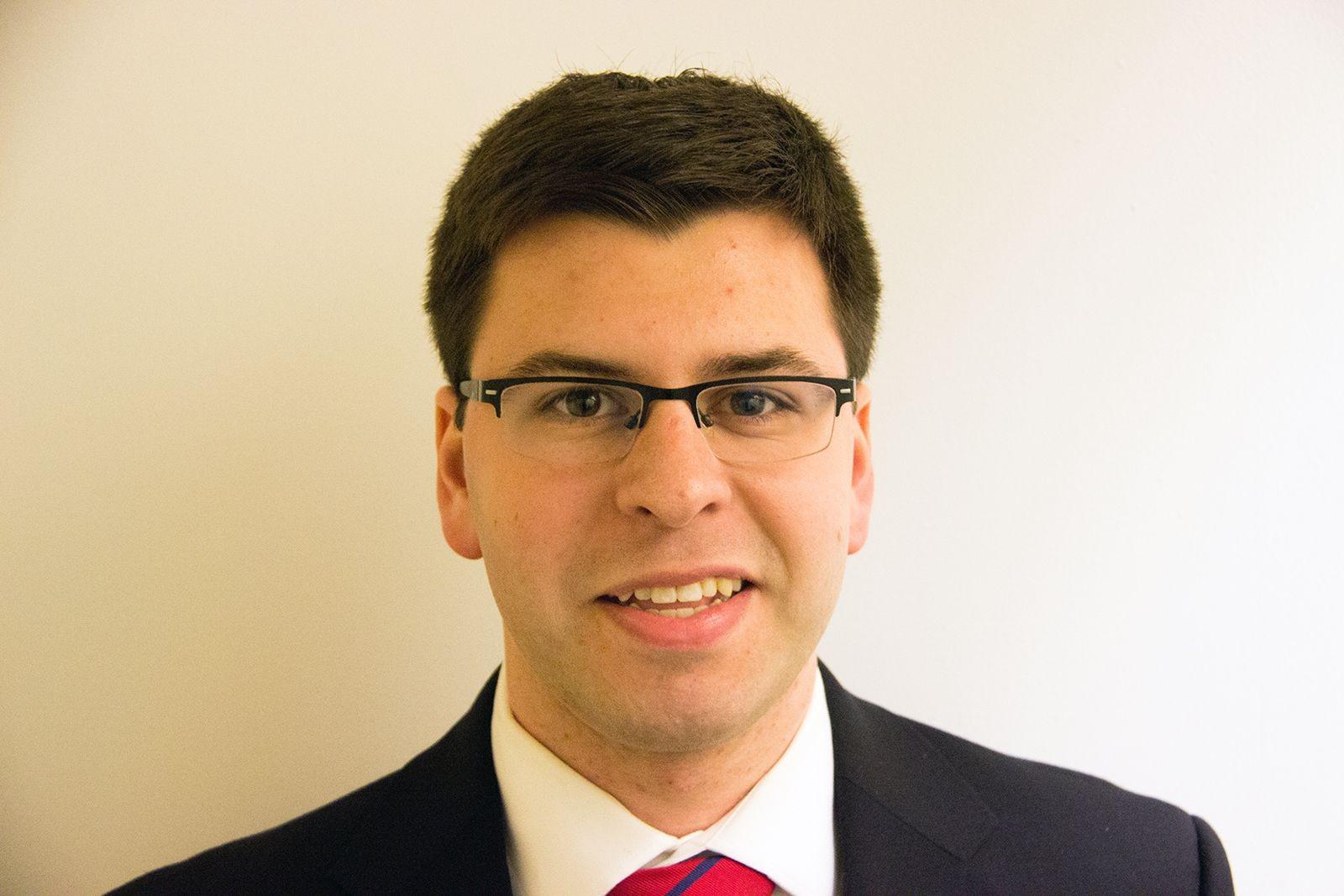As of late, it often seems that the trend in political and social discourse is to avoid conversations that force us to consider an alternative perspective and as a result are complex, unpalatable or uncomfortable.
I think we’ve all experienced that one person who refuses to listen and would prefer to cut off conversation entirely rather than have an uncomfortable conversation or entertain an opposing viewpoint. This phenomenon frustrates me to no end. After all, what does it say about our society when we are so unwilling to consider opposing viewpoints that we would rather avoid the conversation entirely?
Phrased differently, how does it reflect upon us when we are too afraid of complexity and conflict to even broach the subjects that most need discussing? Although a certain line of conversation may be uncomfortable, confusing or disorienting, is this reason enough to avoid that conversation entirely? I would certainly say no, although many would disagree with me, but I’ll get to that later.
In fact, aren’t these kinds of questions what college is all about? Call me crazy, but I enjoy classes, conversations and ideas that push me out of my comfort zone and question my opinions. More discouragingly, it’s not as if this reluctance to countenance difficult conversations is limited to the intellectual or political realm. I have frequently encountered other people with strong reluctance to broach any topic that might be considered “awkward” or “weird” in interpersonal relationships.
So what is to be done about this phenomenon? Should we just give up on having difficult conversations that some find uncomfortable? Unfortunately, that seems to be the status quo. Now, however, this reluctance to engage in discussions without simple answers seems to have taken on a new, more pernicious manifestation: the drive to silence and eliminate opposing views that would call into question our entrenched beliefs and opinions.
For example, when Christina Hoff Sommers, a public policy scholar at the American Enterprise Institute, spoke at Oberlin College on Monday, she was met with severe condemnation by some Oberlin students and other community members. In a letter to the editors of The Oberlin Review, dozens of students expressed their complete unwillingness to tolerate her opinions, encouraging students to “pull together in the face of this violence.” In the preface to the letter, the writers offer a trigger warning to their letter, noting that their letter contains references to Sommers’ opinions, which are deemed “rape apologism” by the authors.
After taking a look at some of Sommers’ opinions, I would agree with these students that many of Sommers’ views are unpalatable, disrespectful and incorrect, but I fail to see how that makes the very act of her speaking at Oberlin an act of violence. Labels such as this only serve to silence unpopular opinions, which can be disregarded as “violence.” The claim that Sommers supports rape is an even more egregious violation of the principles of free speech. While different people may disagree, calling someone a supporter of rape can only serve as an ad hominem argument that unjustly silences their opinion and slanders their reputation.
Just as we have the right to burn a flag as a form of political speech, we have the right to say things that may make people uncomfortable. Although I disagree with Sommers’ opinions, I will do my best to continue upholding her right to publically express her opinions. These Oberlin students’ attempt to silence her because they disagree not only violates the good faith principles of free speech, but sets a dangerous precedent that could always be turned around on them.
Sommers’ story certainly is not the only one of its kind. Various graduation speakers, from former U.S. Secretary of State Condoleezza Rice to First Lady Michelle Obama, have withdrawn from planned graduation speeches in the face of student and faculty protests. Now, I am not advocating the restriction of students’ right to protest ideas they disagree with. Reasonable minds may disagree, but should do so civilly, rather than through name-calling or mudslinging.
Even so, maybe the best thing to do is to listen to the other side rather than immediately attempt to invalidate any opinion with which we disagree. The immediate jump to protest and condemn, which nowadays seems like the status quo reaction to social or political opinions with which people disagree, is a foreboding sign for our democracy, which ought to thrive on reasoned discourse and willingness to consider alternatives. Perhaps our extremely polarized political environment will not subside until we learn to have a reasonable conversation with the other side, even when we are convinced that they are wrong.
























































































































